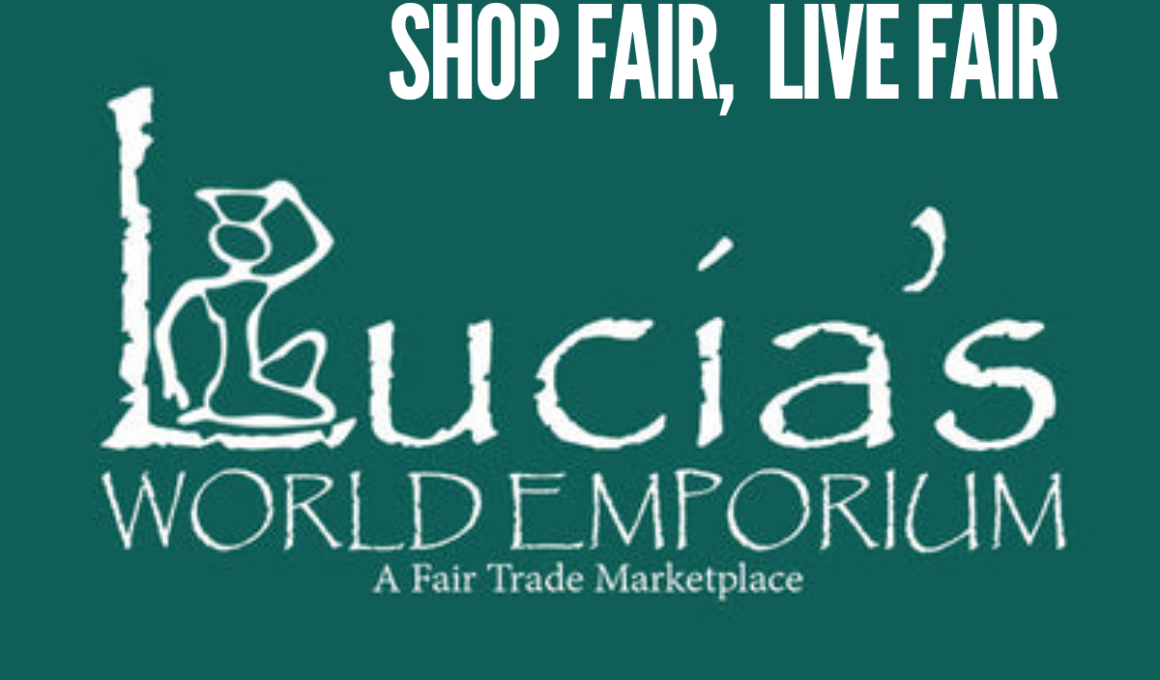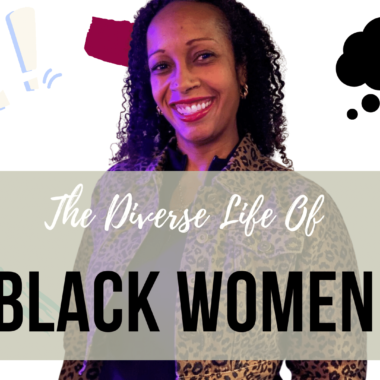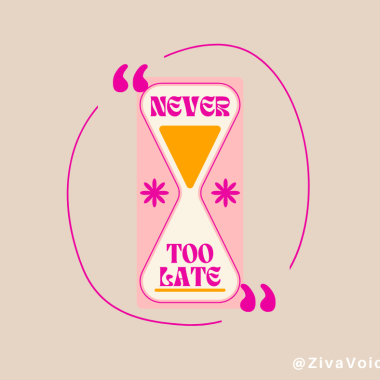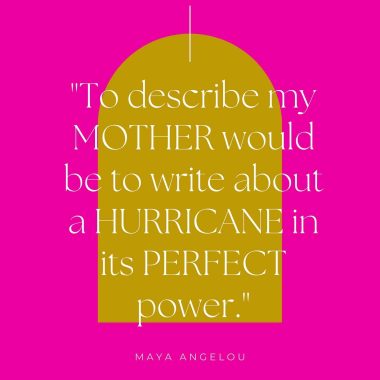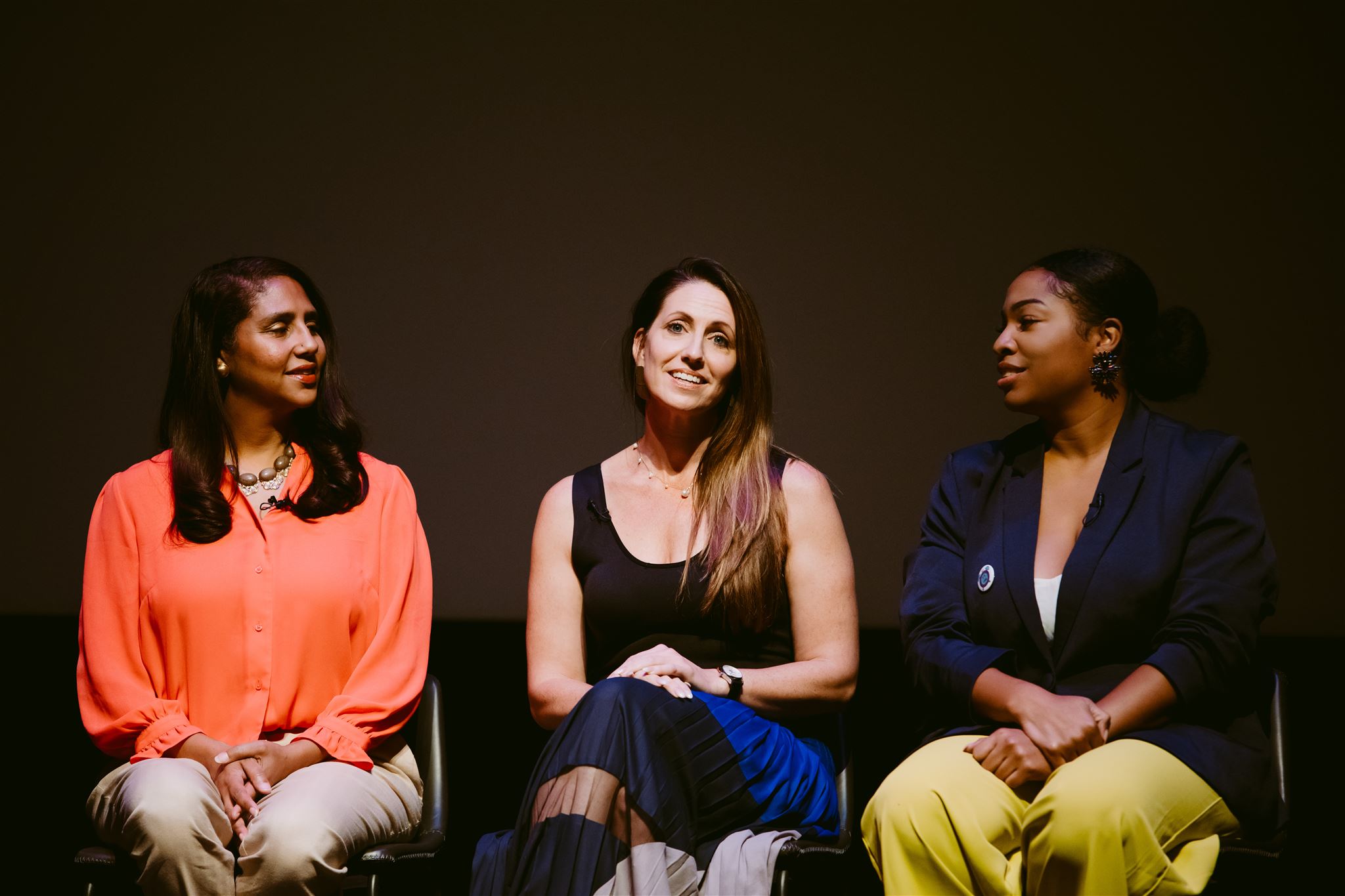by Teresa Hendricks
For decades, the developed world and the United States especially, have been moving away from reliable hand-crafted products and turning towards more quickly produced lower quality merchandise. However, with the rise of online shopping, trend purchasing has exploded in the early 21st century. Major name brands such as H&M, Zara, and Forever 21 take elements from high fashion brands and reproduce them at a fraction of the cost. Unfortunately, producing ever-changing trends at low-cost results in these companies and many others underpaying and overworking their employees. This popular business model is known today as Fast Fashion.
Unfortunately, producing ever-changing trends at low-cost results in these companies and many others underpaying and overworking their employees. This popular business model is known today as Fast Fashion.
The fashion industry is one of the largest globally, employing nearly 40 million people with an annual turnover of over 3 trillion dollars. Yet the workers at the bottom of the supply chain see very little of the profits. Despite the United Nations and the International Labor Organization recognizing fair wages and safe working conditions as a fundamental human right, big fashion corporations often exploit workers, especially those in underdeveloped countries.
Farmers and garment workers across the globe are working in hazardous conditions below a living wage so that we can have access to the latest fashion trends with the click of a button.
For example, the nonprofit Labor Behind The Label’s “Undercover, Told by Workers” campaign in 2016 recorded that working conditions in Cambodian garment factories are poorly ventilated and lack access to water.
These conditions, coupled with overwork and chemical exposure, result in fatigued, dehydrated, and malnourished workers.
Although the negative outcomes of Fast Fashion affect a wide range of individuals and families, women are disproportionately abused through this system. While women make up about 80 percent of garment workers worldwide, they earn significantly less than their male counterparts and rarely see promotions. According to the 2018 Garment Worker Diaries report, the average woman in Bangladeshi works 60 hours a week and earns an hourly rate of 28 takas or $0.95 in USD.
And poor working conditions are just one element of this feminist issue, the most disturbing aspect of the unfair treatment of women in the garment industry lies in the amount of unchecked abuse. A 2018 report from Global Labor Justice includes the documented case of a woman working in an H&M supplier factory in India, whose supervisor beat her. After filing a complaint with the human resources department, the supervisor was told to apologize, but no effort was made to ensure that the harassment stopped.
Without being regulated, the man’s abuse continued. As a recent widow with few other options, the H&M worker felt trapped in her situation and continued to work at the factory to support her family. Unfortunately, this type of story is far too common due to the lack of regulation or sympathy within the fast fashion industry.
This is where the Fair Trade movement is stepping in to make a change.
Fair Trade is a business model based on promoting social, economic, and environmental responsibility as well as equity in the international trading system.
As members of the Fair Trade Federation, myself and others are committed to practicing the Principles of Fair Trade:
- Cultivate New Market opportunities
- Develop Transparent & Accountable Relationships
- Build Capacity
- Promote Fair Trade
- Pay Promptly and Fairly
- Support Safe and Empowering Working Conditions
- Cultivate Environmental Stewardship
- Respect Cultural, Racial and Ethnic Identity
Fair Trade businesses partner with farmers and craftspeople to improve the quality of life for artisans and their families, who often lack alternative sources of income.
Our Fair-Trade partner companies are dedicated to paying fair wages in the local context, developing markets, practicing non-discrimination, and employing marginalized people. Fair compensation is the driving force behind Fair Trade.
Salaries are based on the true cost of production and are determined by:
- The amount of time, skill and effort involved in production
- Minimum and living wages where the products are produced
- The purchasing power in the community
- Other costs of living in the local context
Many of the world’s most talented artisans live in remote and impoverished areas in the third world. They have little knowledge of how the world market works or how to get their products to the market. Lucia’s Imports and our other Fair-Trade partners work with the artisans to adapt their traditional skills into products with a modern twist for international markets.
As the market for Fair Trade products grows, Fair Trade organizations are able to employ more artisans at fair wages in developing communities and make way for brighter futures across these areas.
Another wonderful aspect of Fair Trade is that the traditional nature of artisan crafts typically results in products made from natural and sustainable resources. Therefore, Fair Trade products have a significantly smaller environmental impact than merchandise mass-produced in large factories with synthetic materials. Fair Trade producers often use upcycled fabrics to keep beautiful textiles out of landfills. For example, one company we work with, World Finds, which is located in India uses upcycled Kantha fabric from discarded saris to create beautiful jewelry, blankets, and accessories.
Other best-selling examples in our shop include soapstone and tagua. Soapstone is a natural stone in Kenya that artisans carve to create beautiful sculptures. Tagua is a seed found in Ecuador that is often referred to as vegetable ivory for its ability to replace elephant ivory in the creation of beautiful jewelry and carved figurines.
The central themes of Fair Trade have been a part of my life for nearly 30 years, beginning with my graduation from the Patterson School of International Diplomacy and International Business in 1989. Following my graduation, I traveled to Antigua, Guatemala, to study Spanish, and while there, I fell in love with the country and the culture. Later that first year, I opened my first retail store. By this time, I knew the Guatemalan people and their art would forever be a part of my life. In opening my retail store in Guatemala, my goal was to provide my customers with the best products in the region.
To do this, I traveled across the country to remote villages and worked side by side with local artisans. Together we transformed their unique products into more functional and marketable merchandise. In these early years, I met my husband and business partner.
After many years of working together and growing our business, we decided to return to my home state of Kentucky in 2004. We moved back to expand our children’s education opportunities but still longed to continue our work with the Guatemalan artisans. This desire led to the development of our wholesale company, Lucia’s Imports, L.L.C. Through this new project, we were able to continue our partnerships with the artisans while developing new products that meet the needs and desires of consumers in the US market.
However, even with this new wholesale business, we missed our retail operations in Guatemala. In 2007, we opened Lexington, Kentucky’s first and only Fair Trade retail store, known today as Lucia’s World Emporium. Having a retail storefront allows us to highlight our Guatemalan imports and offer our customers an eclectic array of ethically produced clothing, jewelry, and gifts from around the world. In the years since we have opened a second retail location, expanded to online sales, and have seen tremendous growth in the demand for our hand-crafted items.
Limiting our product offering to Fair Trade items and avoiding merchandise made under cruel working conditions allows us to contribute to a more just and equitable world. In spite of the rise in Fast Fashion, the market for fair trade alternatives continues to grow. While Fast Fashion seems cheaper in the short term, the low quality of these products will cost you more over time-not to mention the disservice purchasing these products does to those without the resources to work within a safe and thriving environment. Simply using your purchasing power to support fair and just trade demonstrates to businesses and governments that you stand for safe conditions, respected workers, and quality products.
When enough of us stand for the rights of every worker, we can build a brighter future together.
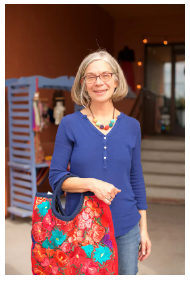
Teresa Hendricks is the owner of Lucia’s Imports and Lucia’s World Emporium, which helps a customer with jewelry.
